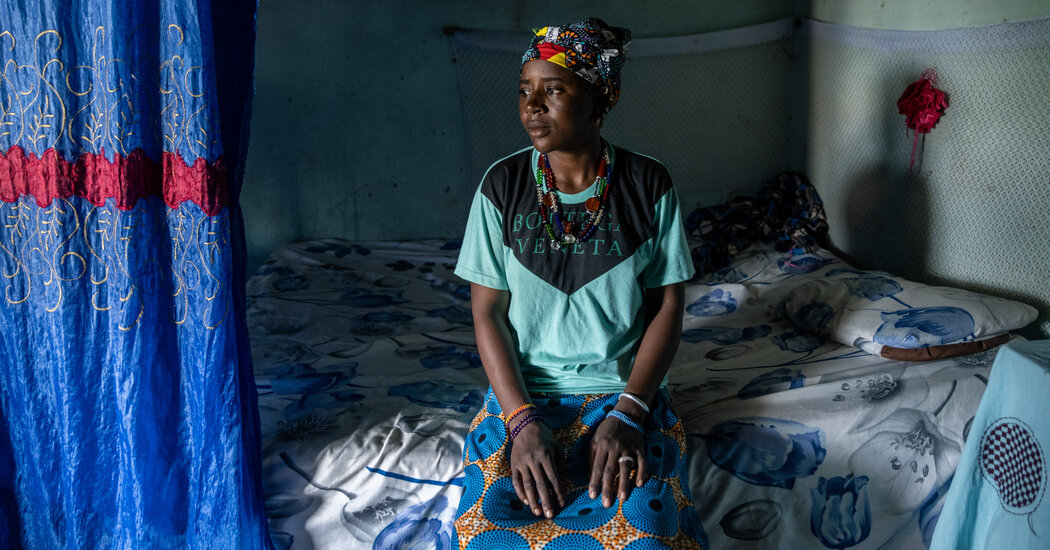- Home
- Advertise With us
- World News
- Tech
- Entertainment
- Travels & Tours
- Contact US
- About us
- Privacy Policy
Top Insights
The Impeachment of South Korea’s President, Explained

In its second attempt, the National Assembly moved to force President Yoon Suk Yeol from office. But the troubles for him and his country are far from over.
President Yoon Suk Yeol’s short-lived declaration of martial law has created South Korea’s biggest constitutional crisis since the country democratized in the late 1980s.
On Saturday, Mr. Yoon was impeached by the National Assembly, making him the third South Korean president to be suspended from power through such a vote.
But the uncertainty over the country’s political future is far from resolved.
The fate of Mr. Yoon, a deeply unpopular leader, now rests in the hands of the Constitutional Court, which will decide within the next six months whether to reinstate or formally remove him.
In addition to impeachment, Mr. Yoon faces a criminal inquiry, the first ever to target a sitting South Korean president. He has been banned from leaving the country as the police and prosecutors investigate whether he and his supporters in the government and military committed insurrection when they sent armed troops into the National Assembly earlier this month.
Here is where things stand for Mr. Yoon and South Korea.
Why was the president impeached?
Mr. Yoon’s martial law decree on Dec. 3, which put the country under military rule for the first time in 45 years, lasted only six hours. But it threw South Korea’s democracy into chaos and drew public outrage, recalling the country’s painful history of military dictatorship decades ago.
Related Articles
After Impeachment, South Korea Is Left With No Elected Leader
The suspension of President Yoon Suk Yeol’s powers left a seasoned but...
‘They Had the Desire to Return’
The skies were quiet the other night in the northwestern town of...
Strategy of Recruiting Cheap Militiamen Backfires in Africa
By arming civilians who are poorly trained and have little to no...
Strategy of Recruiting Cheap Militiamen Backfires in Africa
By arming civilians who are poorly trained and have little to no...










Leave a comment